Healthy Eating in Practice
Pulse was honored and excited to sponsor and participate in the recent Healthy Eating in Practice conference in Asheville, NC.
Organized in part by the UNC Center for Health Promotion and Disease Prevention, the Duke Sanford World Food Policy Center, and the Appalachian Sustainable Agriculture Project, the conference was a hands-on, experiential learning event for practitioners, researchers, and influencers, focused on changing the culture of healthcare to better support healthy eating behaviors.
With the increased understanding of the role of nutrition in chronic disease and the growth of lifestyle medicine as a discipline, more and more non-dietitian health professionals need to become not only well versed in nutrition, but also need to develop practical skills for incorporating nutrition into counseling interactions with patients.
We’ve been advocating for this—and working with healthy food companies to deliver education and resources to professionals to use in conversations with consumers—for nearly two decades.
A few key take-aways from the conference:
The role of nutrition cannot be ignored. Throughout the event, in large presentations, breakout sessions, and informal conversations, it was abundantly clear that the importance of nutrition to both disease prevention and treatment has never been more widely recognized. Health professionals from all over the country, from every conceivable specialty and role, wanted to be better equipped to help educate their patients and clients about the vital role of proper nutrition.
Keeping it simple. Many non-dietitian health professionals, particularly physicians, receive little or no nutrition education. Yet, they need to effectively communicate the key principles of a healthy, balanced diet to patients on a daily basis. For both audiences—professionals and consumers—the goal is to keep it simple. Guiding principles, small steps, basic information—these are the most effective ways to spark a meaningful dialogue between a health professional and a patient.
Trends can drive conversations, but they are just the beginning. One excellent breakout session focused exclusively on helping practitioners answer patients’ questions about specific diets. Many patients are coming into the office more knowledgeable about some diets than the professional is, whether that’s plant-based, keto, paleo, Mediterranean, or Whole30. While there are healthy and unhealthy ways to embrace each of these diets, the key for health professionals is to use patients’ enthusiasm and interest in a particular diet to guide them toward healthier choices and habits, regardless of which diet it is.
Professionals fully support food company efforts to help educate them and their patients on healthy options. As a sponsor of the conference we had the opportunity to talk with hundreds of professionals about our PulseConnect network and the educational materials, counseling tools, and resources we work with healthy food brands to provide to professionals. The response was, as it has always been, overwhelmingly positive. Healthy brands can play an important role in this nutrition education process, adding value to the conversations professionals are having with patients while simultaneously promoting their healthy food brand. It is a proverbial win win.
